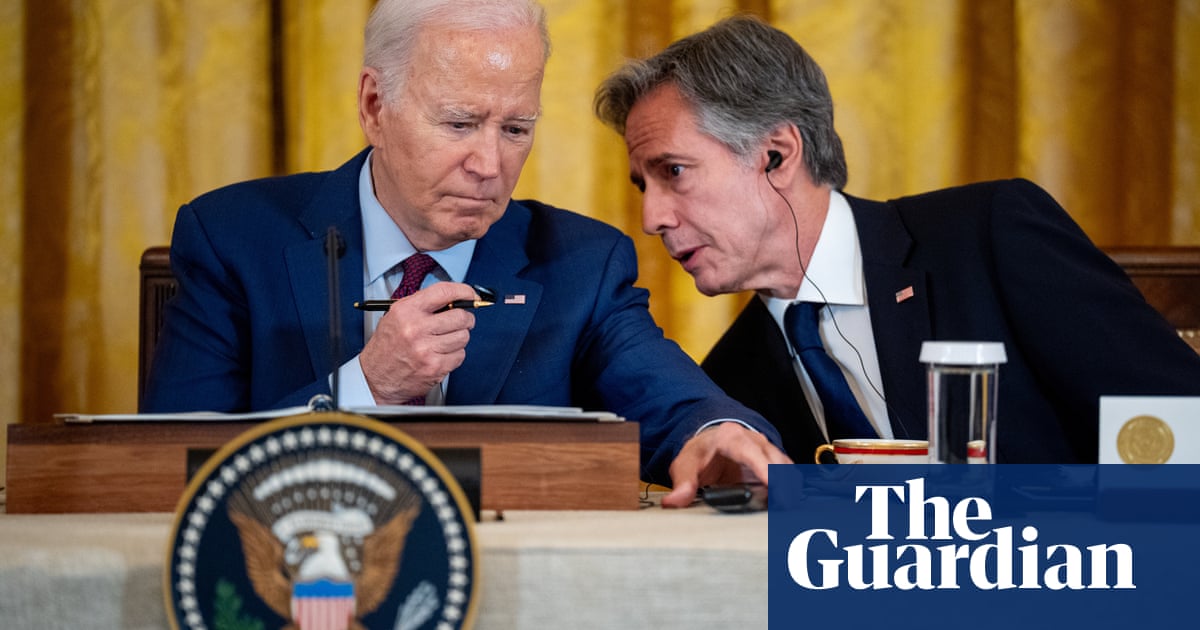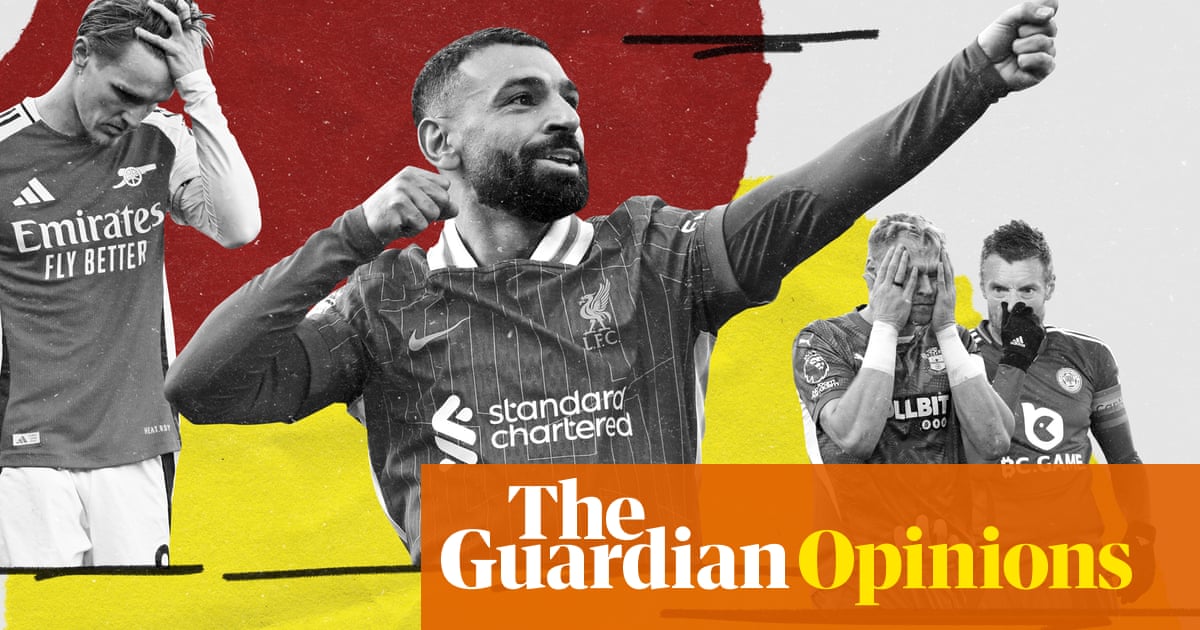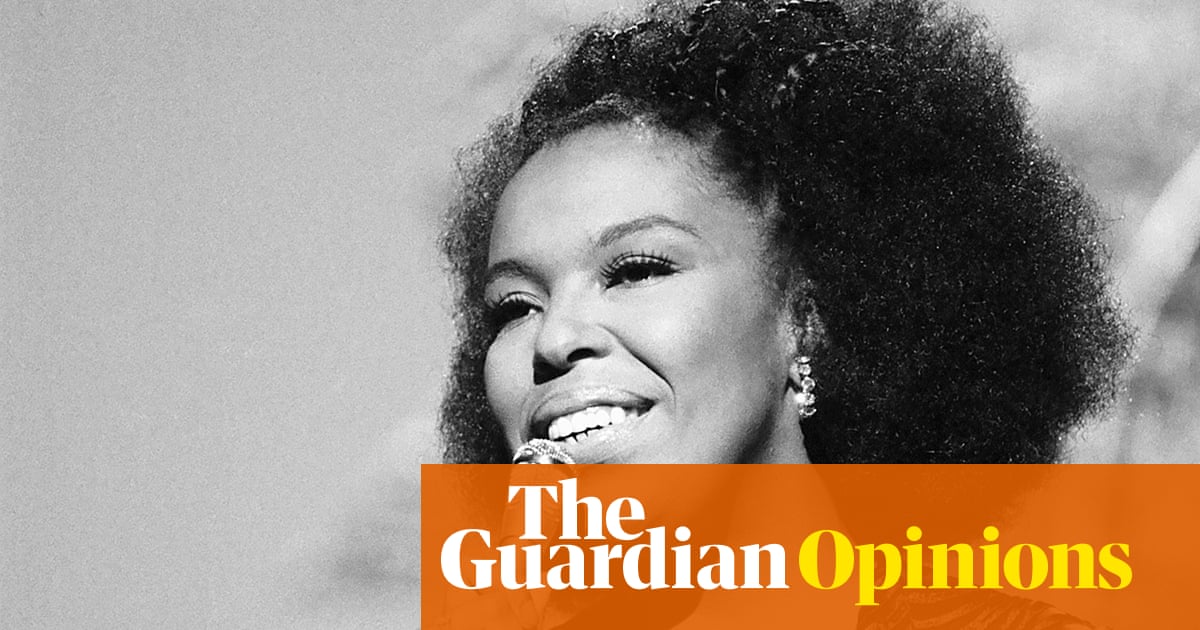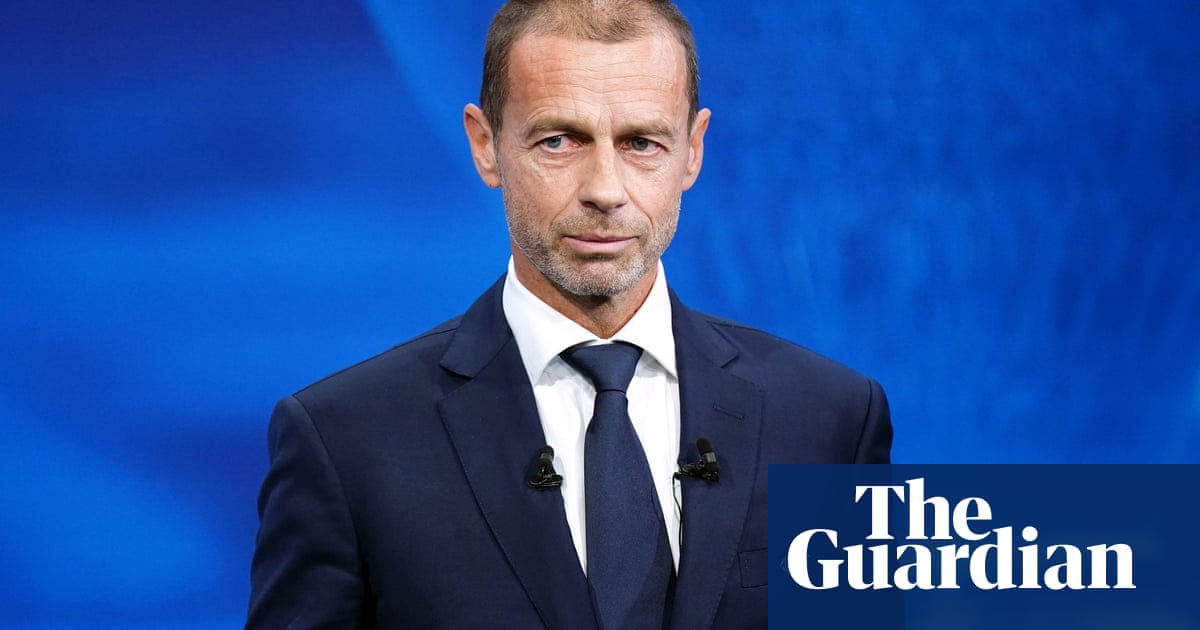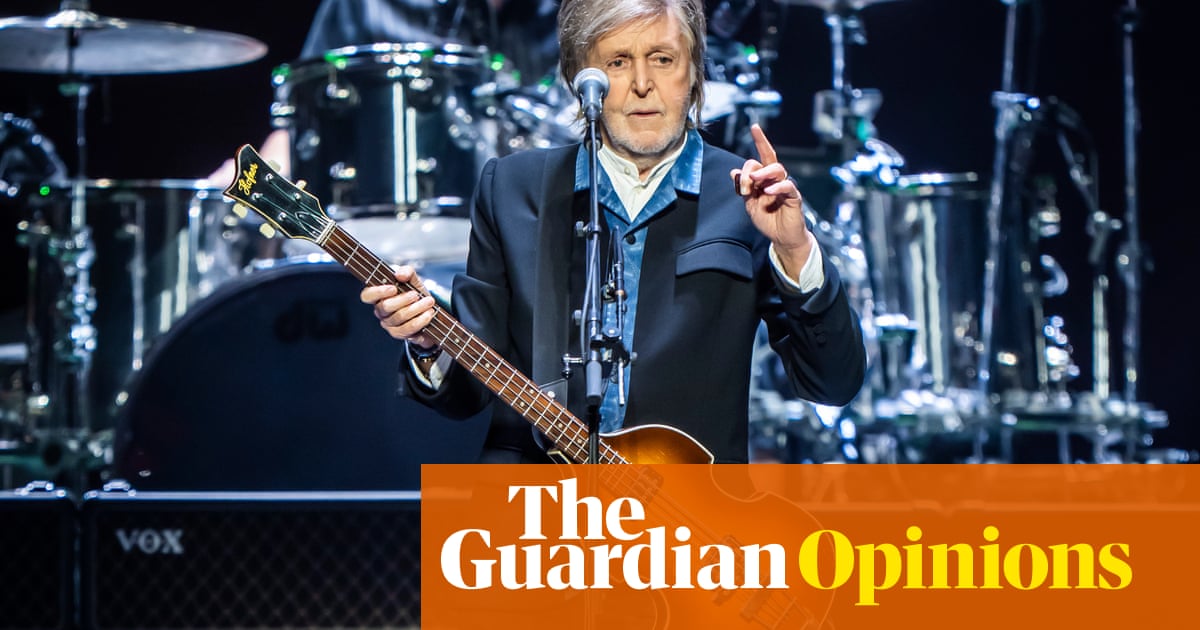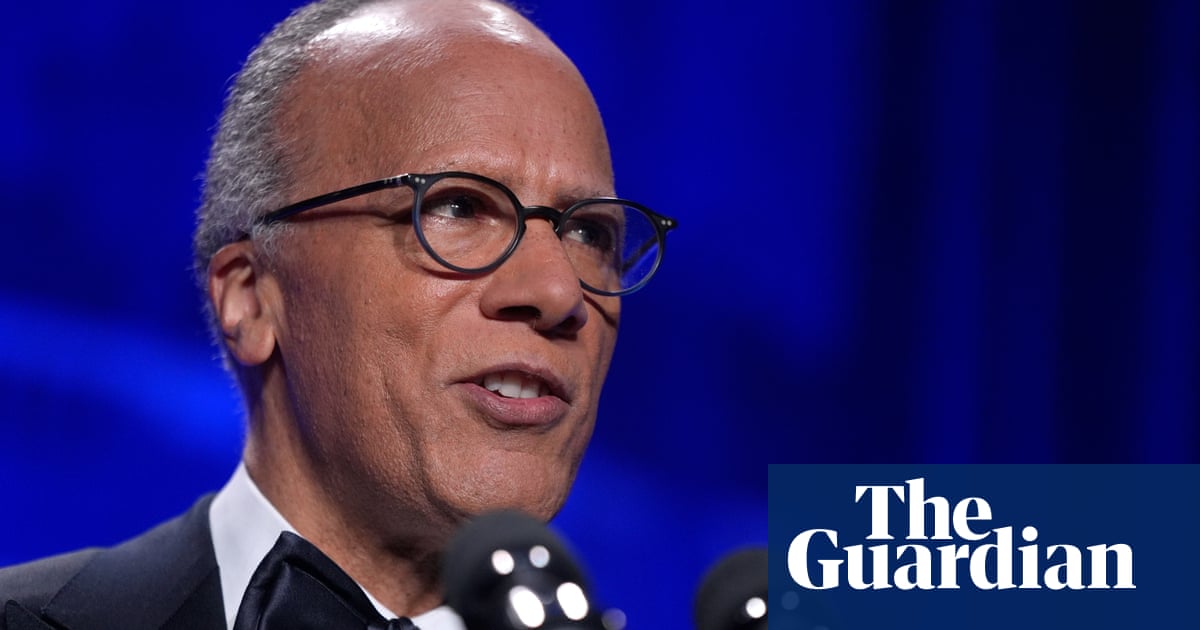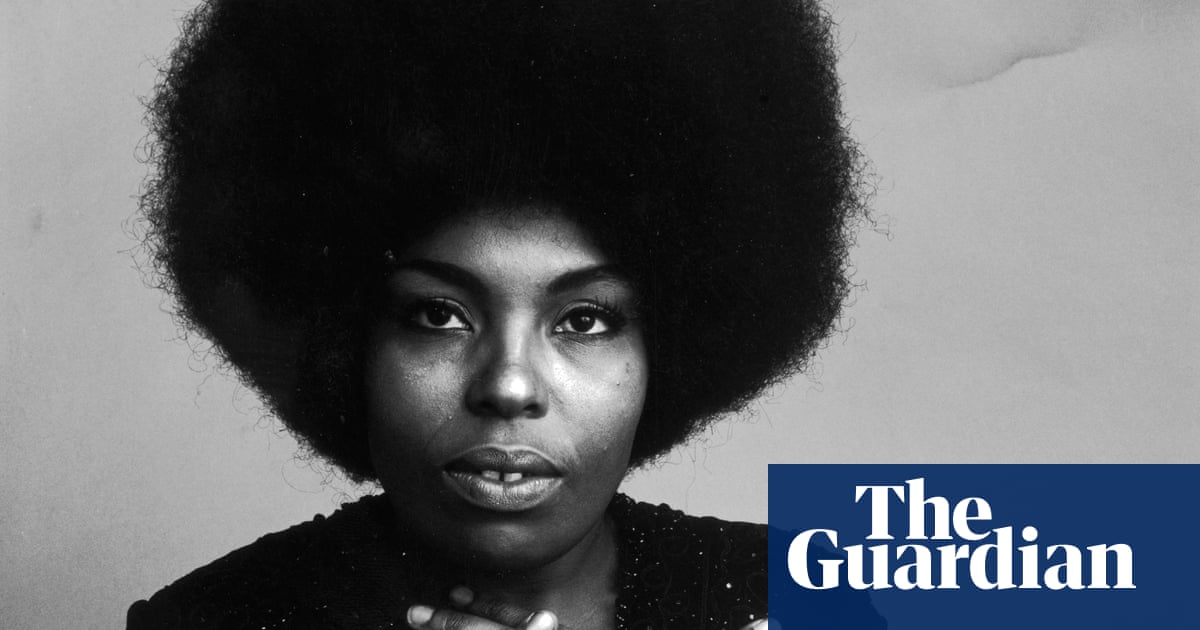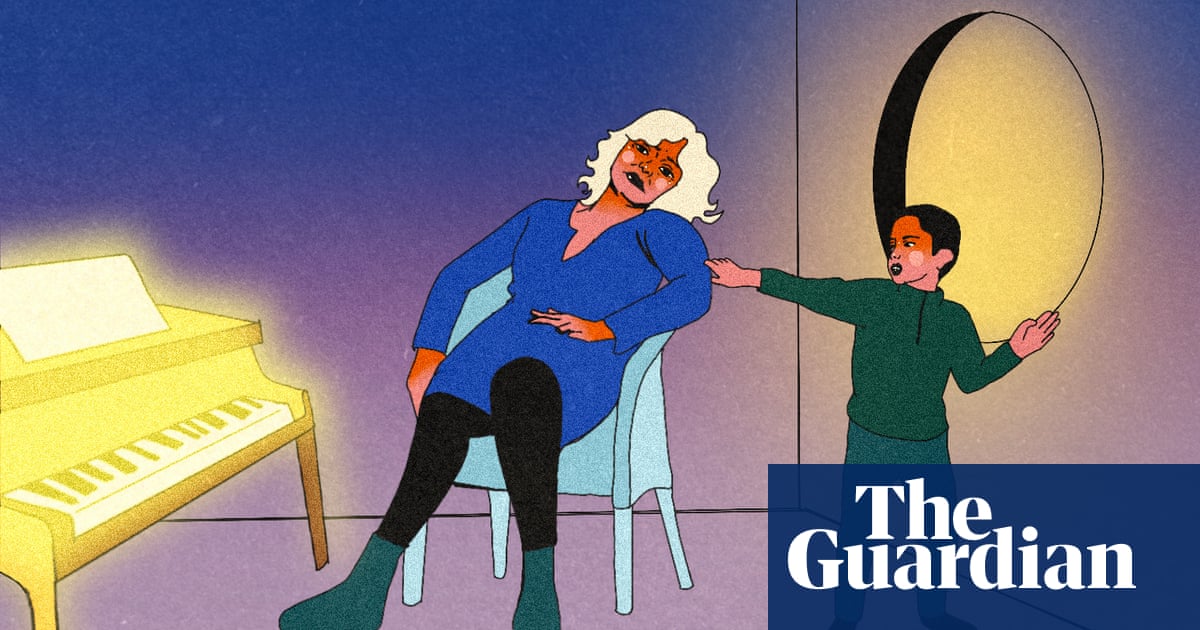Europe must realise that the world does what it wants. In politics as in football. Fifa, founded 120 years ago in Paris, is moving to the US. It recently removed Zurich as its headquarters from its statutes and relocated 100 jobs to Miami. And in 2034, the World Cup will take place in Saudi Arabia. Europe is now discussing how to deal with guest workers, human rights and democracy.
However, the rest of the world no longer cares about European objections. The power has shifted. We don’t even know what will happen to the 2026 World Cup and 2028 Olympics with the US, our most important ally, under Donald Trump. We need to draw the right conclusions from this. Europe must adapt to survive. It must apply the achievements it demands of others – the rule of law, a rules-based approach, and diversity – to itself.
This also applies to the organisation of sporting competitions. It’s about the opportunity to win. The most important football league in the world, the Champions League, is being reformed because the winners now come exclusively from England, Spain and Germany. Even Italy has not won the title since 2010. Teams east of Munich and north of Manchester have hardly a chance of reaching the final.
Two years ago, the New York Times ridiculed the predictability of the Champions League. It wrote that every spring Real Madrid and Manchester City play for the title. It is up to Uefa to enable metropolises from other regions to participate. Northern and eastern Europe should be put back on the map.
The 2024 Euros was a good example of what is possible in Europe. As tournament director, I experienced it attracting crowds from all participating countries. Fans travelled around Germany, celebrating their culture and their team. The support carried every squad, so everyone could contribute to the success. In the competition between nations, equal opportunities have grown. The expansion of the European Championship to 24 countries has been a success, with debutants such as Georgia and Albania enriching the tournament.
Football brought people together, and the whole month was under its spell. It became tangible how desirable it is to be part of Europe and its free way of life. When sport creates such cross-border connections, it fulfils its purpose.
The Champions League must also achieve this. In Europe, there are plenty of attractive locations that represent growth and football tradition: Copenhagen, Bucharest, Prague, Stockholm, Tirana, Amsterdam, Lisbon, Glasgow, Kyiv. Vienna regularly wins global surveys for the city with the highest quality of life. Football stars can feel at home there.
If the competition is opened up, investments in cities such as Warsaw would be worthwhile. With almost 40 million inhabitants, Poland is one of the most populous nations in the EU. In 1974 and 1982, the country came third in the World Cup, with Grzegorz Lato one of the outstanding players at the first tournament and Zbigniew Boniek at the second. A magnificent stadium stands on the Vistula, and the future of European football may also lie there.

Uefa has taken the first steps. This season, 36 teams have been playing in the Champions League in a new preliminary round. It sounds exciting, and I really like the long table. But this is not the last word on the matter. It is an interim solution on the way to a European league with 24 or 32 teams – in which every team plays against every other team, from which you can be relegated and to which you can be promoted, and which offers all regions of Europe the prospect of success. That would be highly interesting for companies from the centre of Europe.
The marketplace has to get bigger because the current one favours monopolies. At some locations, Arab royal families are concentrating top players and dominating the national competition. What happens in Newcastle and Paris and at Manchester City goes against the European idea because it is not socially and culturally rooted. By way of comparison: in US sports, money alone is not enough; you need a sporting concept. There is equal opportunity among investors, but not in European football.
after newsletter promotion
It can get ideas from other sports. In basketball, for example, the successor states of the former Yugoslavia have joined forces with others to form a multinational league in order to make the region competitive. The Adriatic League is one of the strongest on the continent, with two of its clubs participating in the top pan-European league. The 18 teams in this Euro League in turn come from nine nations, and the past 10 titles have been won by six clubs from five countries.
That is why there can be no more important question for Uefa than how to diversify the competition in football. If Europe pulls together, it will be hard to beat. It is clear that some people resist reforms because it is convenient to keep going. However, self-criticism, debate and constant reflection on whether you are doing the right thing are qualities that Europe stands for. It is exhausting, but still the best way forward. Because sporting competitions and major events are intended to strengthen the sense of cohesion in Europe. That was my “aha” moment this year.
Philipp Lahm was the captain of Germany’s 2014 World Cup-winning team and tournament director of Euro 2024. He is a sporting adviser at VfB Stuttgart
-
Do you have an opinion on the issues raised in this article? If you would like to submit a response of up to 300 words by email to be considered for publication in our letters section, please click here.

 2 months ago
38
2 months ago
38



